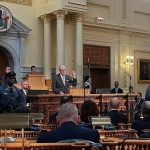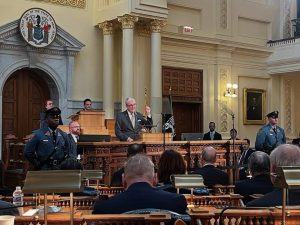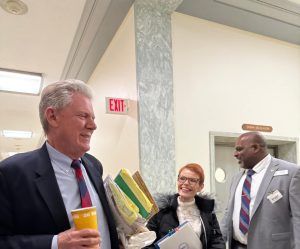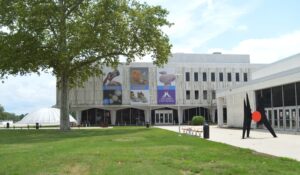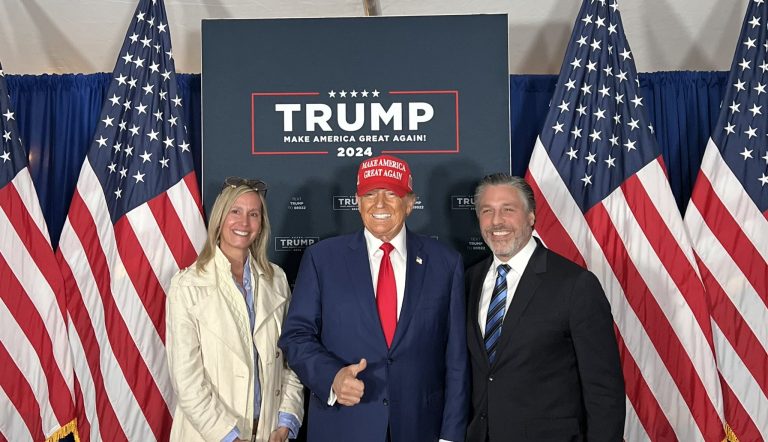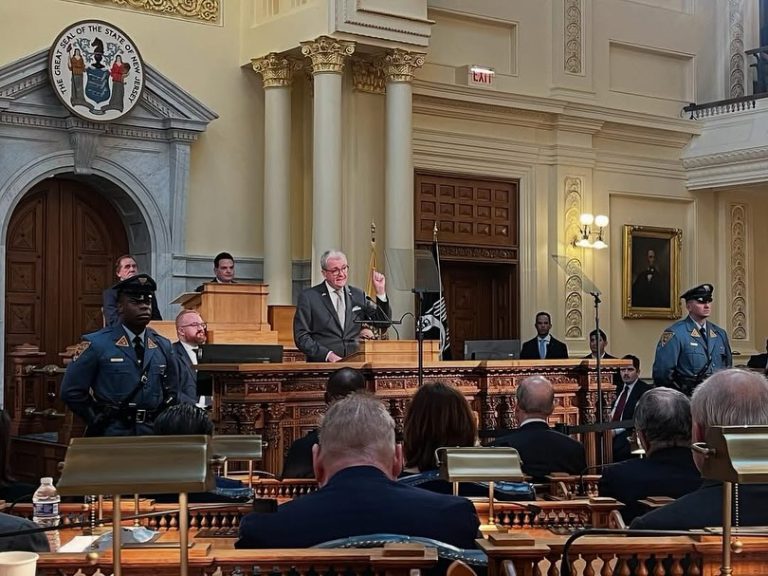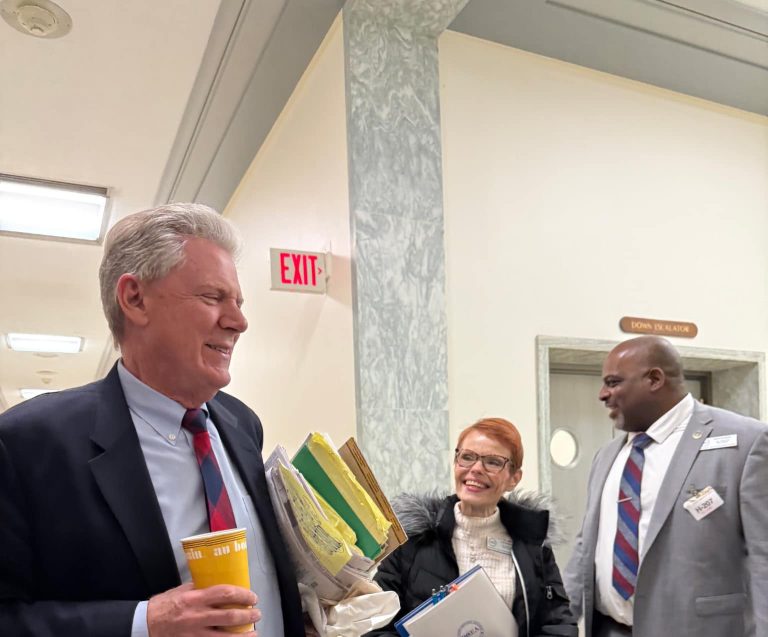Trenton, NJ – The New Jersey State Museum, following the guidelines of the Native American Graves Protection and Repatriation Act (NAGPRA), has recently completed a significant inventory of associated funerary objects. This substantial effort has led to a historic decision to repatriate these objects to their rightful cultural affiliations, as identified through meticulous research and consultation.
After a thorough review, the museum has established a clear cultural affiliation between the 174 funerary objects and several Indian Tribes and Native Hawaiian organizations. These items include a large, reconstructed pot, pottery sherds, and lithics, all excavated in the early 1930s from the Abbott Farm National Historic Landmark in Hamilton Township, Mercer County. The historic findings, not treated with any harmful substances, were part of an inventory initially reported in the Federal Register on June 18, 2018.
The repatriation of these objects is scheduled to commence on or after April 19, 2024. Tribes including the Delaware Nation of Oklahoma, the Delaware Tribe of Indians, and the Stockbridge Munsee Community in Wisconsin are among those identified for repatriation. Dr. Gregory D. Lattanzi, the museum’s representative, is overseeing the process, and requests for repatriation can be directed to his office.
This action by the New Jersey State Museum highlights its commitment to ethical stewardship of culturally significant artifacts and respect for the rights of Indigenous communities. The decision, under the guidance of NAGPRA and the National Park Service, is a crucial step in honoring and preserving the heritage and traditions of Native American and Native Hawaiian groups.
This repatriation represents an essential step towards reconciliation and respect for the cultural heritage of Native communities. It underscores the importance of collaborative efforts between museums and Indigenous peoples in preserving and respecting ancestral legacies. The New Jersey State Museum’s initiative sets a precedent for similar institutions across the nation to follow.

